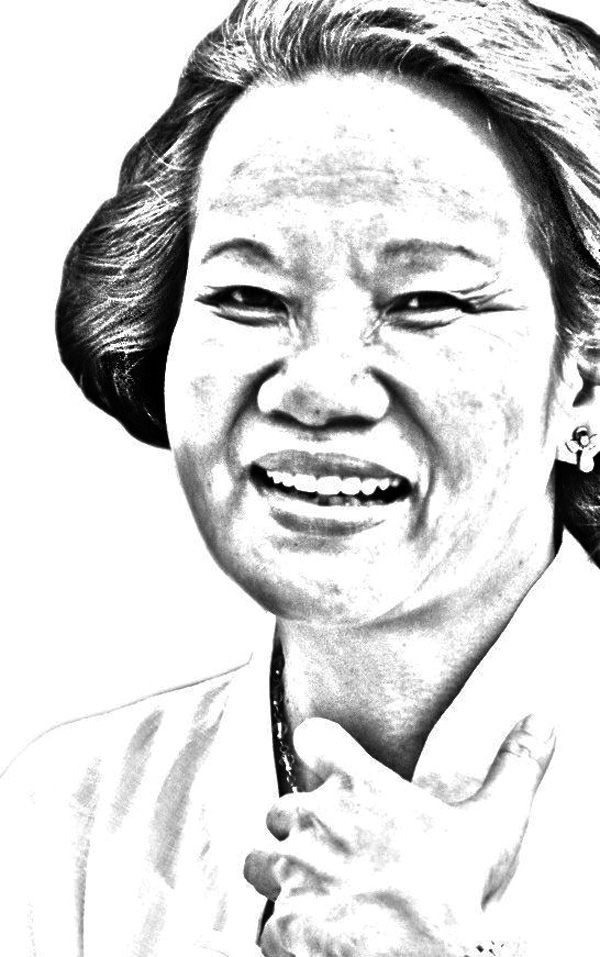
SOFIA ALIÑO LOGARTA
It was good to be reminded by Atty. Noemi Truya-Abarientos in the LAW Center Inc. radio program aired in DYLA, “Takna sa Kababayen-an” that we would actually be quite helpless without the fruits of the labor of our workers.
I remember my brother’s desperate call from Diliman because his paternity leave was about to be over and who would assist his wife in the care of their newborn infant.
Have we appreciated these facilitators enough for how much easier they have made our lives?
Paying attention to the various mass actions gives us some idea of the situation of the workers in our country.
The major demand of an end to contractualization suggests the insecurity of tenure for many of our workers. For females this is more so, because there had been that phrase: “last hired, first fired”.
They are not viewed as the main wage earners, even if quite a number are single parents. Then there is the demand for wage increase due to price increases resulting from tax modifications.
In the international arena the issue of sexual harassment is another source of insecurity of tenure for women. Females are threatened with losing their jobs or promotions due to their refusal to “play along with sexual advances.”
When this issue was exposed in the American entertainment industry, females also realized the big gender wage gaps. In the Philippines the wage gap can be more clearly observed in the low wages of jobs which are extensions of what used to be considered female tasks: teaching, nursing, and other forms of care-giving.
Yet security of tenure and a living wage are such basic rights.
Workers need to organize authentic unions in order to claim their rights.
These moves have often been considered threatening by management. Many times such efforts become sources of disruptions to “industrial peace”.
Strengthened by rights education and organization workers still find the support of other sectors significantly helpful.
This is what Fr. Rudy Romano and other religious realized and so they took the risk of being with the workers. Such a choice led to his disappearance, never to be found.
Sister Patricia Ann Fox found joy in her being with our people. Ma. Ceres P. Doyo quotes in the Sunday Inquirer.
“It was a great experience to get to know the farmers, fisherfolk and tribal people from various parts of the country. It was great to be with the religious and laypeople who were helping organize them for their rights and working in solidarity with them.”
Asked: “What activities of yours did they cite that made you worth investigating?”
“One picture was a visit to political prisoners and the other was attending and speaking at an outdoor press conference with Coca-Cola workers who had been dismissed.”
“Now your having joined a rally of farmers at Hacienda Luisita in Tarlac province some years back is being brought up, that you were arrested.
Is this true? Reply: “Again, it wasn’t a rally. It was after the Department of Agrarian Reform had implemented the decision of the Supreme Court to distribute the land.
There were a lot of anomalies with farmers being given lots far from their houses, being taken to financiers to rent their land.
We had a fact finding mission and had just come from a dialogue with the military when the police came and started arresting people.
Some of us went with them. (We) were not charged but we stayed with the (farmers) until they were released.”
Asked by Doyo: “Would you advise other foreign missionaries to lie low, not to be involved in human rights work?” Sister Patricia Ann Fox replied: “I can’t see the point of being a missionary and laying low. It is part of our Christian calling to speak the truth.”